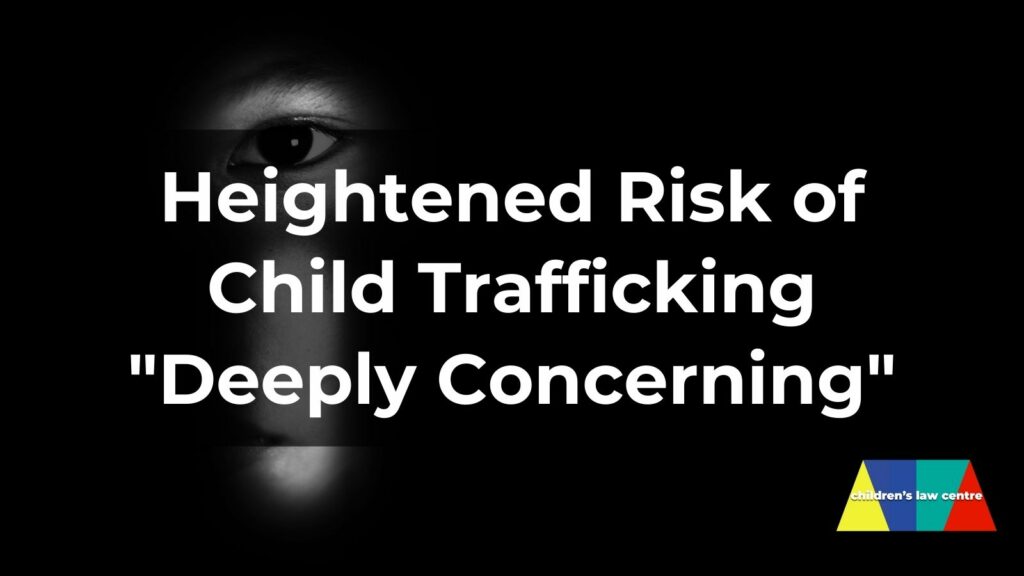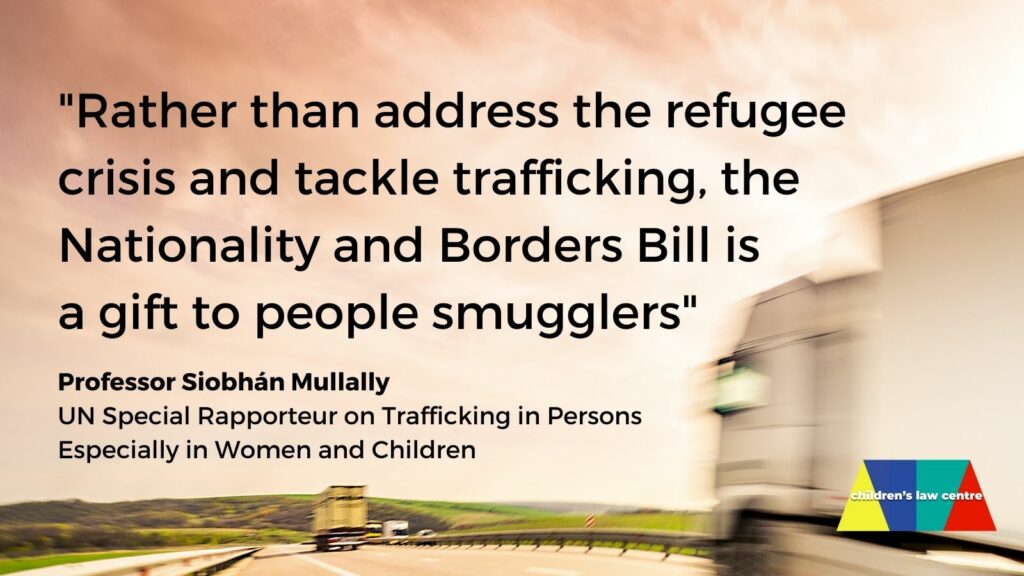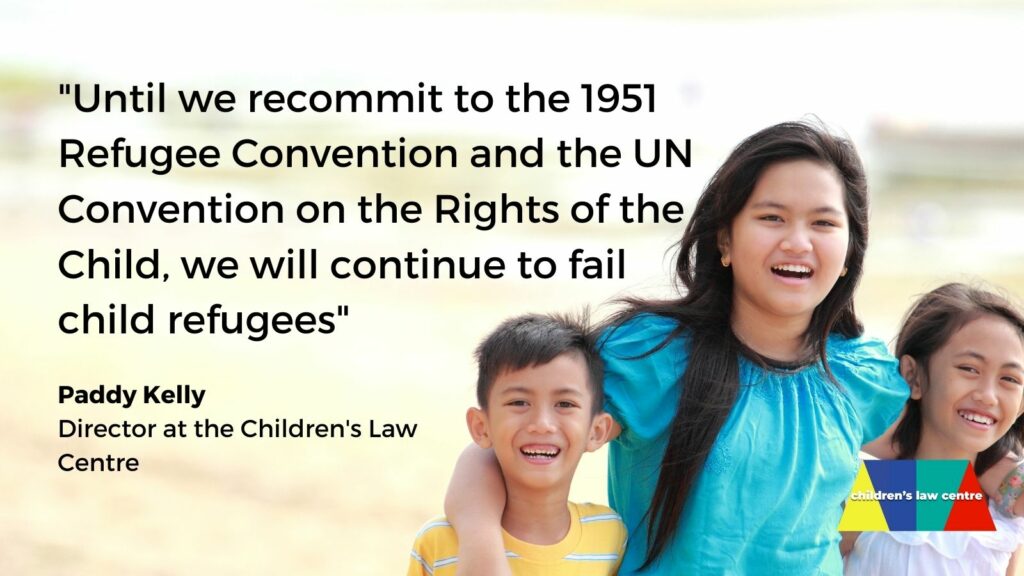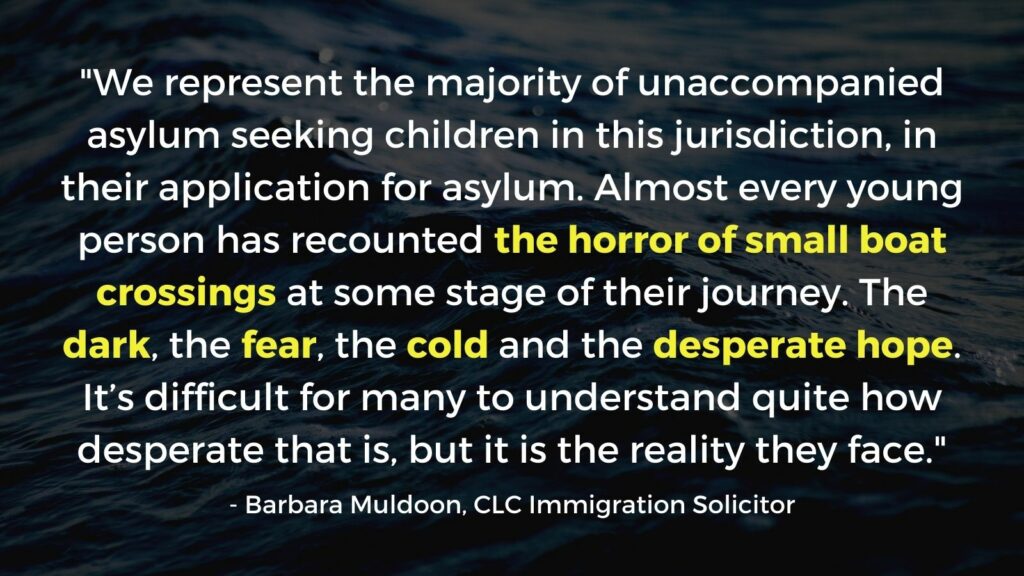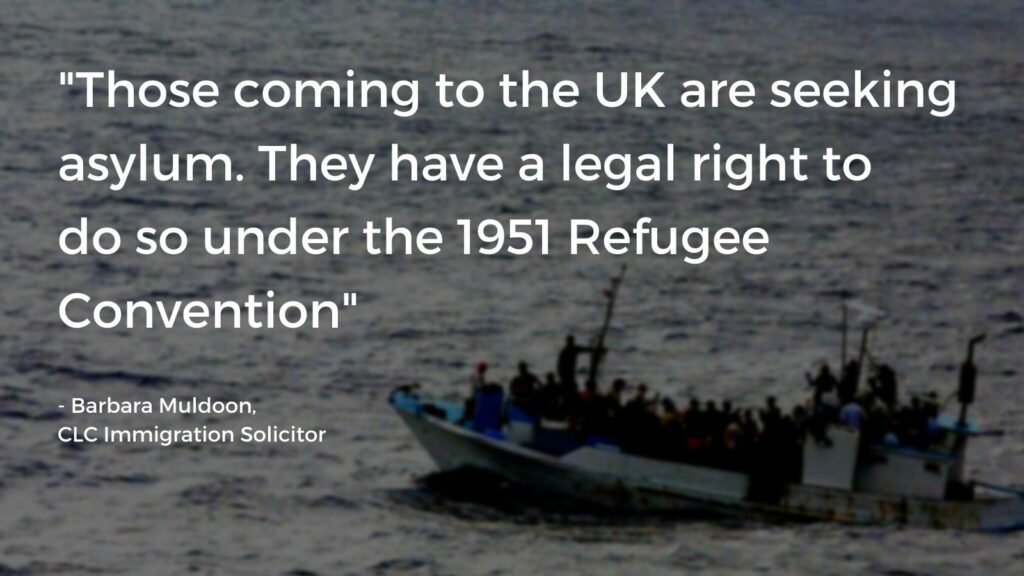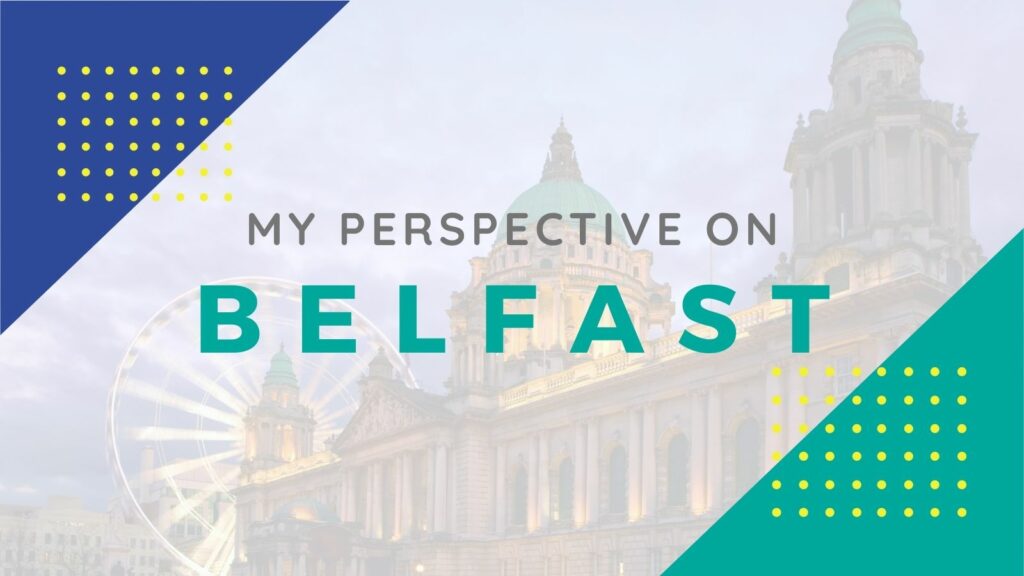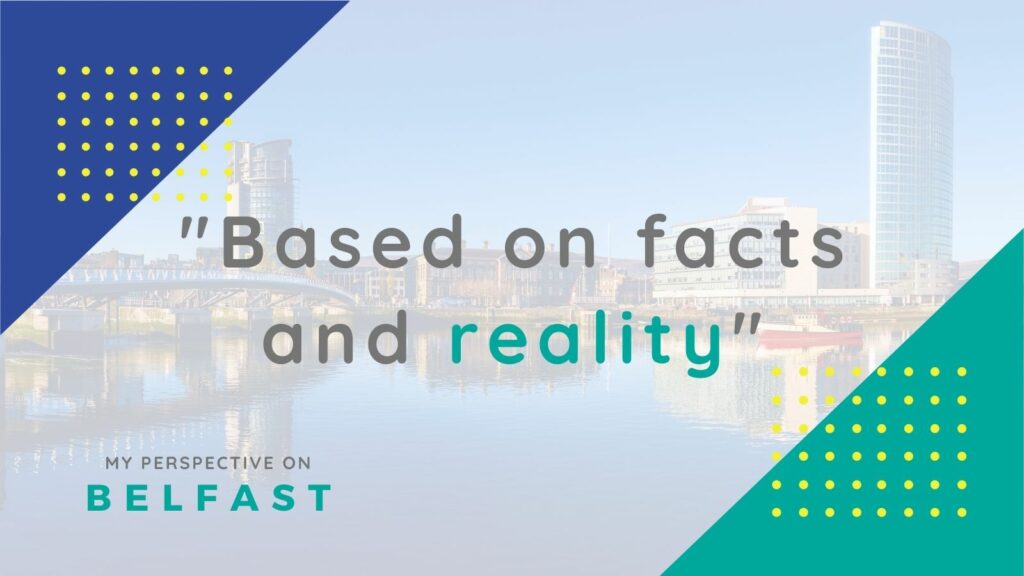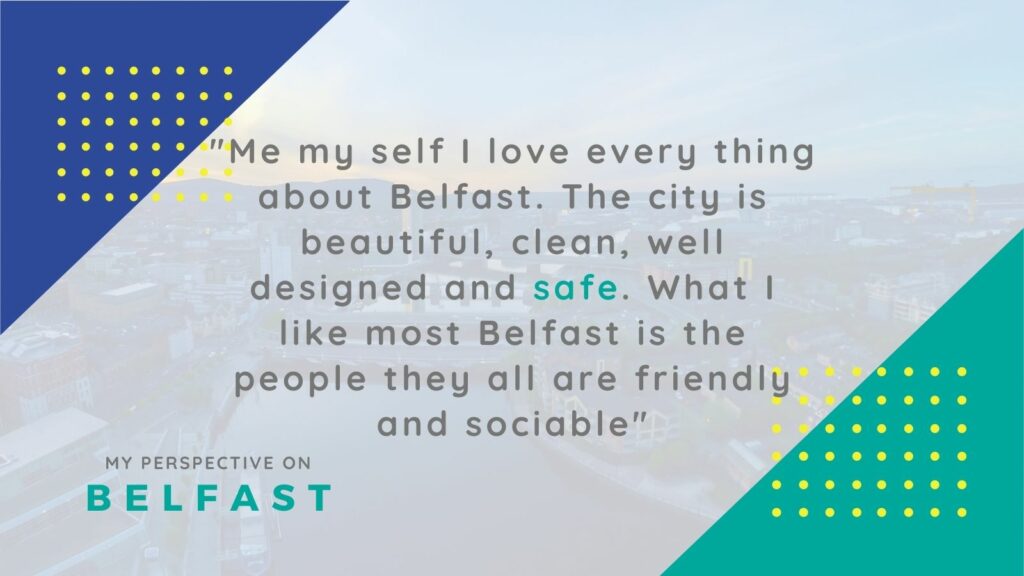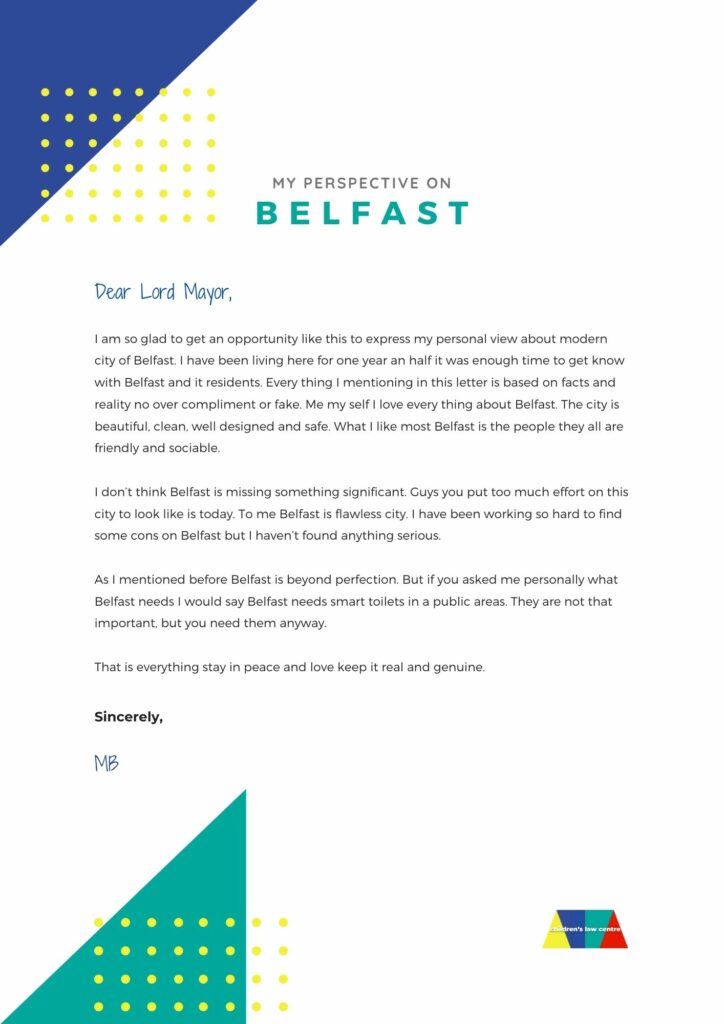01 May 2024
In our latest blog, Ihab Maajal, who travelled to Geneva as a youth advocate for Include Youth, writes about his experience of travelling to the United Nations and his pride in winning a Care Day Award. He also sends a positive message to young people everywhere about the power of young people’s activism.
Our blog posts are first published in our E-zine, ‘Child Rights Matters’. Don’t miss out on our blogs, training offers and updates on children’s rights by signing up today.
Ihab Maajal writes:
In the bustling city of Geneva, amidst the corridors of global diplomacy, a pivotal event unfolded – one that resonated deeply with the essence of empowerment and advocacy. Representing Northern Ireland at the United Nations, our team from Include Youth embarked on a transformative journey, championing the rights and aspirations of young people on a UK platform.
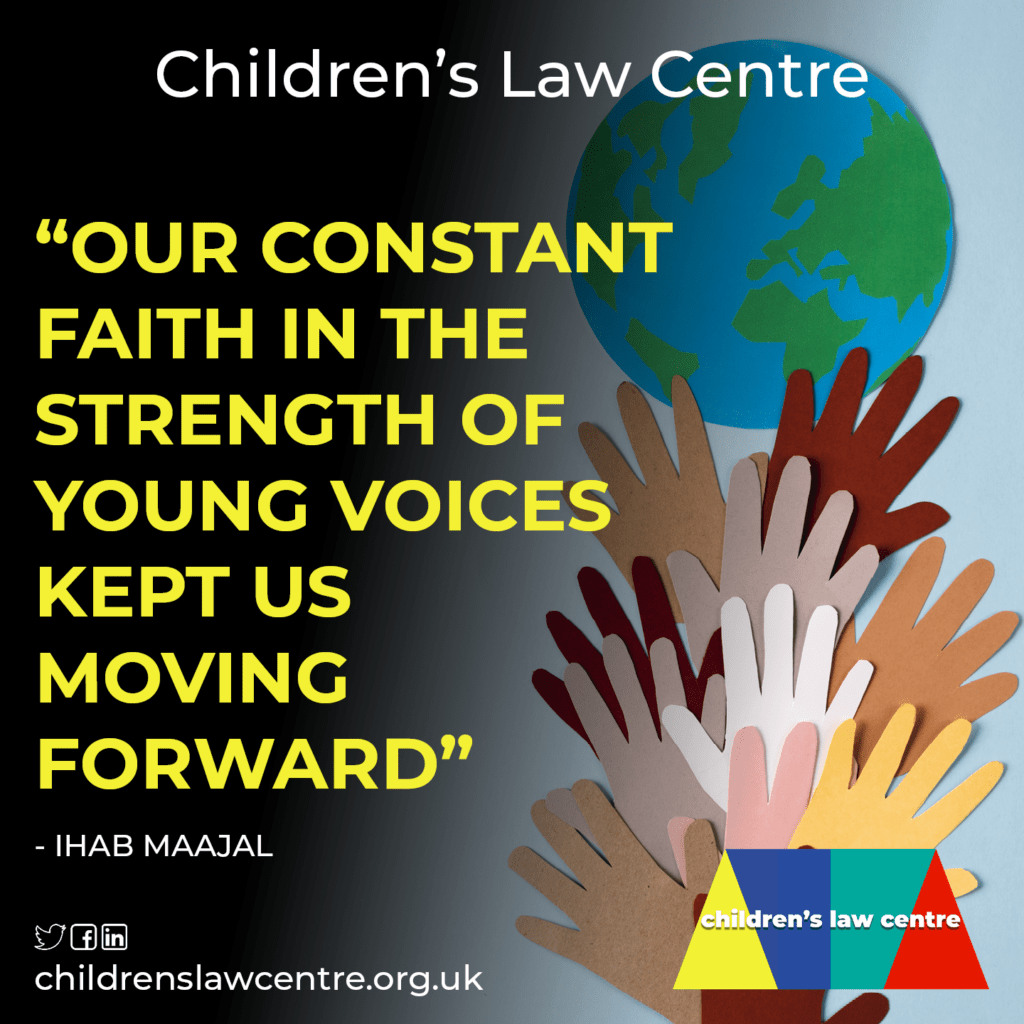
A wide range of feelings, including hope, determination, and a deep sense of responsibility, flowed through us as the curtains came down on this historic event. The UN provided a crucial forum for discussing the urgent problems facing today’s youth. This ranged from systemic obstacles impeding their advancement to socioeconomic constraints. Our constant faith in the strength of young voices kept us moving forward and inspired us to work towards real change and acknowledgment.
Our actions are based on a fundamental principle that is sometimes overlooked in the bustle of administrative procedures and policy talks – young people are living people who should be treated with respect and given opportunity. They are not just statistics or paperwork. Throughout all our interventions, this central message resonated, reflecting the feelings of innumerable young people whose voices were ignored for far too long.
Central to our discourse was the critical shortage of skilled professionals within the social work sector, an issue that strikes at the very foundation of youth support systems. Through meticulous research and first hand experiences, we highlighted the glaring gaps in expertise and resources, underscoring the urgent need for comprehensive reforms. By shedding light on this overlooked aspect, we aimed to instigate meaningful dialogue and policy reforms that prioritise the holistic wellbeing of young people.
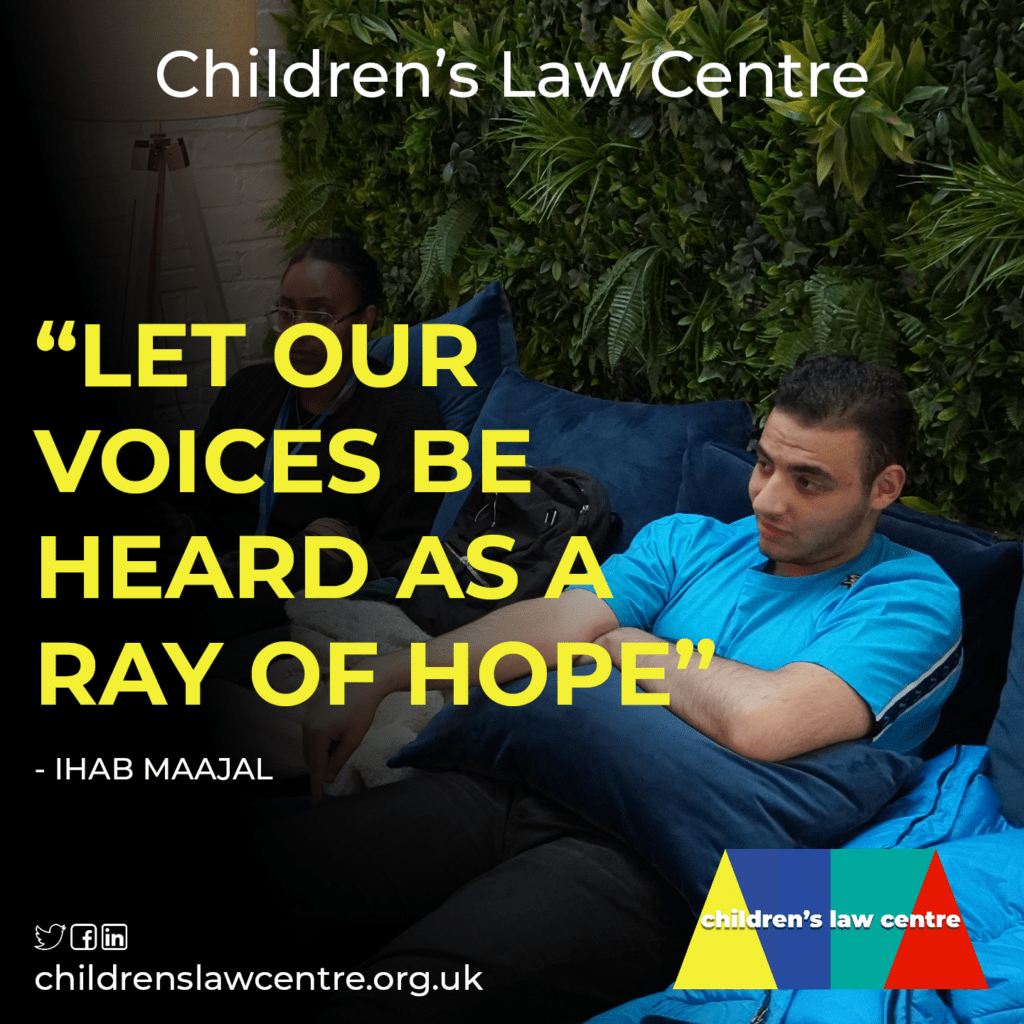
Getting the Care Day Award was more than just confirmation of our work – it was a symbol of the tenacity and will of all the young people whose hardships and victories we wanted to highlight. Amid the cheers and recognition, at that moment of victory, we experienced a deep sense of humility and thankfulness, realising that our combined efforts may spark change, one discussion at a time.
Let our voices be heard as a ray of hope in the halls of power and decision making, bearing witness to the unwavering spirit of young people’s activism and inclusion. Together, we will keep working towards our goals, speaking up for the under represented, and amplifying their voices until all young people’s aspirations come true and every challenge is conquered.
Don’t forget to subscribe to our newsletter.


